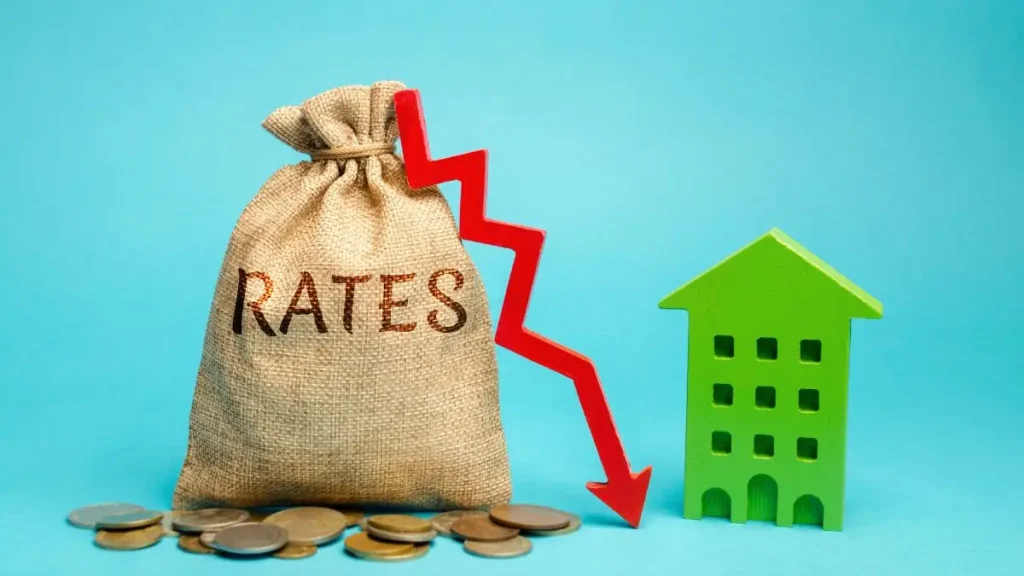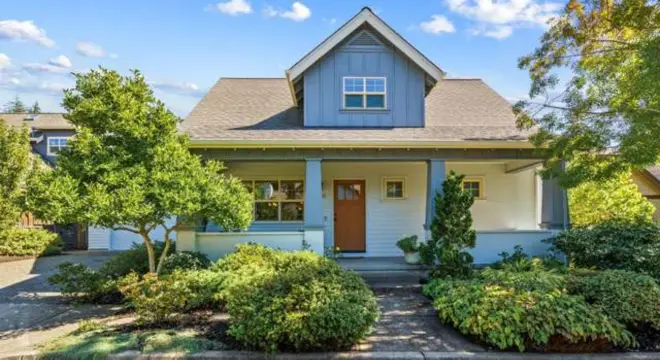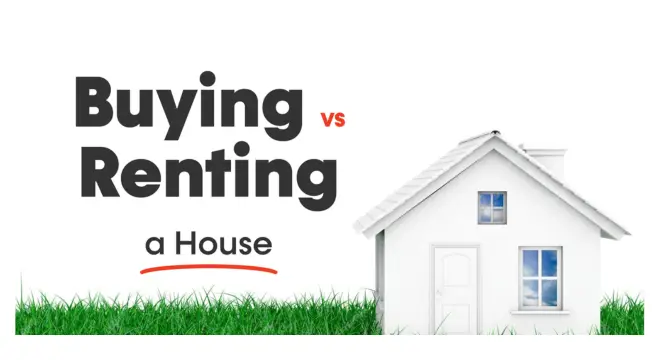The 10 Slowest Housing Markets in America – Map of Slowest U.S. Markets
You’ve probably heard it: the housing market is slowing down. But let’s be clear—it’s not the same everywhere. Some cities are still buzzing. Others? Listings are sitting, price cuts are creeping in, and sellers are getting anxious.
I’ve been tracking real estate data long enough to spot the early signs of a shift. And right now, we’re seeing something interesting. In cities that once couldn’t build homes fast enough—places like Nashville, Miami, and Orlando—homes are now lingering. In some cases, weeks longer than they did a year ago.
Nine out of the ten slowest markets in the country are in the South and West, and the reasons go beyond just high mortgage rates.
So if you’re wondering whether this summer’s slowdown is just a national trend or something deeper in specific metros, stick around. We’re not just listing cities here—we’re digging into why this shift is happening, and what it means for you whether you’re buying, selling, or just watching from the sidelines.
What’s happening in your market? Seen signs of slowdown in your neighborhood? Drop your thoughts in the comments—I’d love to hear what you’re seeing on the ground.
How We Identified the Slowest Housing Markets?
Let me explain what “slowest housing markets” really means—because it’s not just about vibes or headlines. It’s data.
I looked at Realtor report, which breaks down how long homes are sitting unsold in major U.S. cities. Specifically, they compared median days on market—that’s the number of days it takes for a listing to go under contract—versus the same time last year.
The cities that made this list are the ones where that number jumped the most. In simple terms: homes are waiting longer for buyers. And when that happens across an entire market, it’s not just a fluke—it’s a signal.
So if you’re living in—or looking at—any of these cities, understanding this trend could help you time your move, make a smarter offer, or rethink your pricing strategy.
The 10 Slowest Housing Markets in the U.S. Right Now

Here’s where things are really slowing down—and by how much. These cities aren’t just slightly cooling—they’re showing serious signs of buyer hesitation.
1. Nashville, Tennessee
- +20 days compared to last year
- 52 days median on market
- $548,450 median list price
This used to be one of the hottest housing markets in the country. Now homes are sitting nearly three weeks longer. Lots of new construction, but not enough buyers ready to bite.
2. Miami, Florida
- +15 days YoY
- 83 days on market (highest in top 10)
- $510,000 list price
Even with international interest, buyers are pulling back. Between rising insurance costs and high prices, Miami is feeling heavy.
3. Orlando, Florida
- +15 days
- 70 days on market
- $429,473 median price
Too much inventory + rate shock = stale listings. If you’re a buyer here, you’ve got room to negotiate.
4. Tucson, Arizona
- +12 days
- 57 days on market
- $391,500 price point
Solid starter market, but higher interest rates are freezing movement.
5. Jacksonville, Florida
- +12 days
- 67 days on market
- $408,995 list price
Listings are steady, but urgency is gone. Buyers are hunting—but waiting for the right deal.
6. Columbus, Ohio
- +11 days
- 68 days on market
- $390,000 list price
Midwest slowdown isn’t as talked about, but it’s real. Columbus is proof the cooling isn’t just a coastal thing.
7. Las Vegas, Nevada
- +11 days
- 58 days on market
- $479,988 price point
Prices stayed high, but demand didn’t. Vegas sellers may need to get more flexible fast.
8. Riverside, California
- +11 days
- 36 days on market
- $599,995 list price
Time on market is still relatively short—but the YoY slowdown is clear. Buyers are pushing back on price.
9. Tampa, Florida
- +11 days
- 50 days on market
- $419,000 list price
Tampa boomed hard—and now it’s easing up just as fast. A good place to watch for price cuts.
10. Raleigh, North Carolina
- +10 days
- 50 days on market
- $462,473 list price
Plenty of new homes, but buyer momentum just isn’t there right now. If you’re selling, strategy is key.
If you live in one of these metros, this slowdown doesn’t mean disaster—it means shift. The game is changing, and understanding that puts you one step ahead.
In fact, investor activity in 2025 is hitting record levels—but it’s shifting toward value-driven metros with rental upside.
Why These Cities Are Slowing Down—The Bigger Picture
Now that you’ve seen the numbers, let’s talk about what’s driving this trend. It’s not just one thing—it’s a perfect storm.
Pandemic Construction Booms Backfiring
Markets like Nashville, Raleigh, and Jacksonville built aggressively after 2020. And it made sense—demand was sky-high, and prices were climbing fast. But now, a lot of those homes are sitting. Builders did their job, but buyers? They’ve hit pause.
High Mortgage Rates Are Freezing Buyers
Rates are hovering around 7%, and that’s pushing monthly payments beyond what many families can handle. Even motivated buyers are holding off, waiting for a break. Meanwhile, sellers aren’t dropping prices fast enough.
Inventory Is Getting Stale
Inventory is getting stale as high rates and list prices weigh on demand.
That means the homes listed aren’t new and exciting. They’re the same ones that didn’t sell last month—or the month before. And buyers notice.
So the short version? Supply’s up, demand’s down, and nobody wants to blink first.
And if you look at pricing data across the country, nearly one-third of top markets are now showing year-over-year declines, suggesting this reset isn’t isolated to just a few cities.
What This Means for You—Whether You’re Buying or Selling

Alright, let’s get real about how this impacts you. Here’s how I’d look at it based on what side of the table you’re on:
If You’re Buying
This could be your window. When homes sit longer, you get leverage. You can ask for repairs, negotiate price, or skip the bidding war altogether.
Pro tip: Watch how long a listing has been active. Anything over 45 days? You’re likely not their first offer—and that’s your edge.
If You’re Selling
This market requires patience—and strategy.
You’ve got to price realistically, stage well, and move fast on feedback. The longer your home sits, the less power you have.
If your home’s been on the market more than 30 days without a showing spike, it’s time to talk to your agent about a price adjustment.
If You’re an Investor
Some of these slow markets are goldmines in the making—especially if you’re thinking rental income.
More listings = more choices. But don’t jump too fast. Look at job growth, rent trends, and long-term demand in each metro before making a move.
If you’re navigating any of these cities—or plan to—this slowdown isn’t something to fear. It’s something to understand and use to your advantage.
I’ve been tracking subtle market moves like these across the U.S.—and sharing real-time updates and micro-trends via a housing-focused WhatsApp channel that’s been growing fast. It’s where I drop quick takes before they hit full articles.
Will These Cities Bounce Back—or Is This Just the Start?
Let’s be honest—no one has a crystal ball. But when I look at these numbers and compare them to how housing cycles typically play out, here’s what I’m seeing.
The slowdown isn’t random. It’s showing up most in cities that had huge booms during 2020–2022. Nashville, Miami, Raleigh—all of them built fast, priced high, and attracted waves of remote workers. But demand isn’t infinite. And with mortgage rates sitting around 7%, buyers just don’t have the same urgency anymore.
I don’t think this is a full-blown crash—but it’s definitely a reset.
Some of these cities will bounce back faster than others. Places with strong job growth, like Raleigh and Columbus, may stabilize sooner. But high-price markets like Miami or Riverside? They might sit in limbo longer, especially if sellers keep resisting price cuts.
Interestingly, while some metros are clearly cooling, others are holding steady—especially in states with more affordability and balanced supply, like these 10 stable housing markets across the U.S.
What This Market Shift Really Means for You?
If there’s one thing this summer’s data proves, it’s this: real estate doesn’t move in a straight line.
The pandemic boom gave some cities a sugar high—and now we’re watching the comedown in real time. Whether you’re a buyer looking for leverage, a seller adjusting expectations, or just a smart observer of the market, these shifts matter.
And they’re only just beginning.
Want deeper breakdowns like this? Visit Build Like New’s Home Buying section for more stories and trends shaping your housing decisions.
Disclaimer: This article is based on publicly available data and expert insights as of July 2025. Market conditions can change rapidly. Always consult a local real estate professional before making buying or selling decisions.


